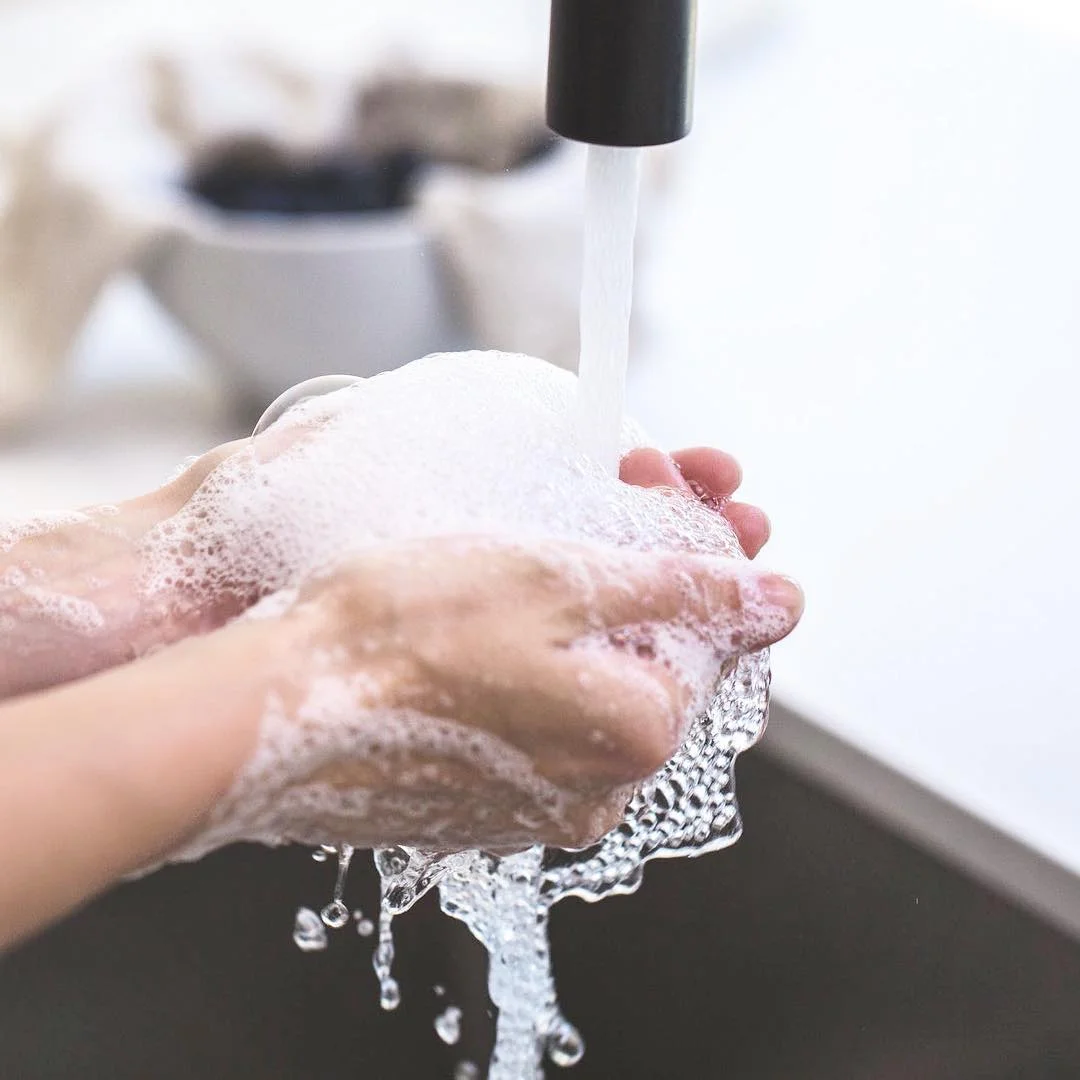Can a Bar of Soap Transmit Infection?
By Richard Klasco, M.D.
Q. Are there any health risks to using a communal bar of soap in, say, a health club?
A. No. Bar soap does not appear to transmit disease.
The most rigorous study of this question was published in 1965. Scientists conducted a series of experiments in which they intentionally contaminated their hands with about five billion bacteria. The bacteria were disease-causing strains, such as Staph and E. coli.
The scientists then washed their hands with a bar of soap and had a second person wash with the same bar of soap. They found that bacteria were not transferred to the second user and concluded: “The level of bacteria that may occur on bar soap, even under extreme usage conditions (heavy usage, poorly designed non-drainable soap dishes, etc.) does not constitute a health hazard.”
In 1988, scientists employed by a soap manufacturer confirmed these findings. They inoculated bars of soap with pathogenic bacteria, in this case E. coli and Pseudomonas, and had 16 subjects wash their hands with the inoculated bars. After washing, none of the subjects had detectable levels of bacteria on their hands. They concluded that “little hazard exists in routine hand washing with previously used soap bars.”
Occasional studies since then have documented the presence of environmental bacteria on bar soap, but none have shown bar soap to be a source of infection. On the contrary, recent studies continue to demonstrate the ability of simple bar soap to combat infection, even during outbreaks of serious infections like Ebola virus.
But would a jar of liquid soap be a better bet than bar soap? Scientists with conflicting proprietary interests jousted about the putative benefits of bar soap versus liquid soap beginning in the 1980s. Much of the contention revolved around the numbers of bacteria found on the surfaces of the bar or bottle of soap. But the key question remains not whether environmental bacteria are present but whether they pose a risk of infection.
The Centers for Disease Control and Prevention recommends hand washing as the primary defense against infection and gives the same endorsement to bar soap as it does to liquid soap. Therefore, the only mistake one could make would be to fail to wash one’s hands because of an unfounded fear of contamination.
